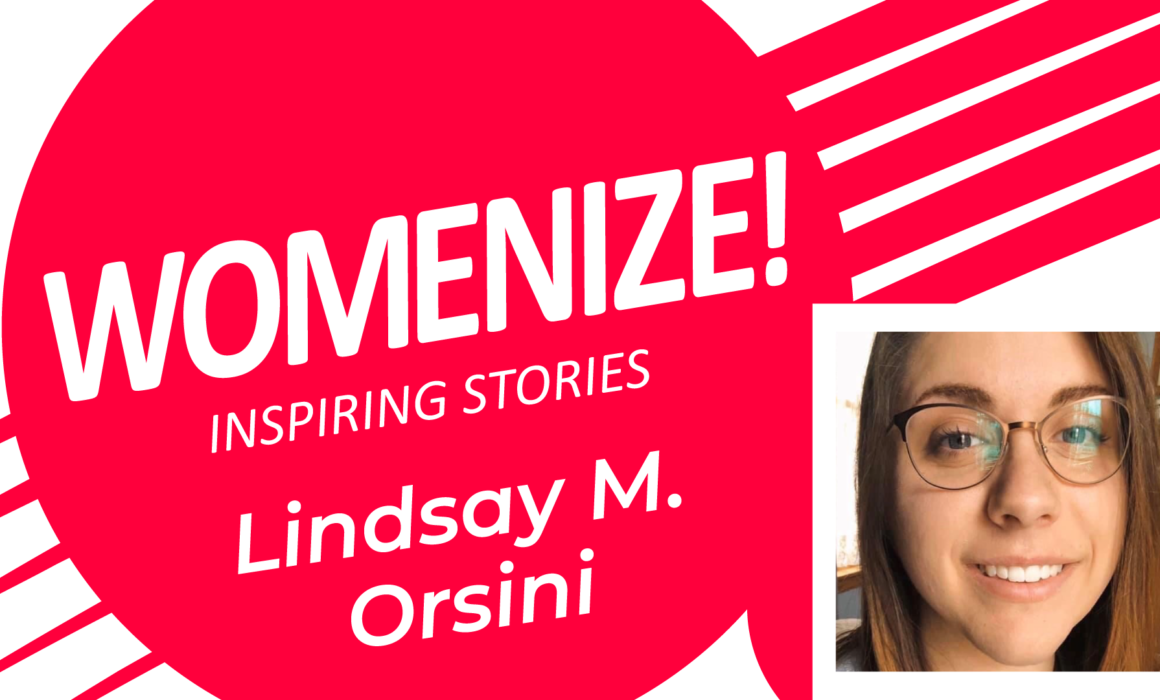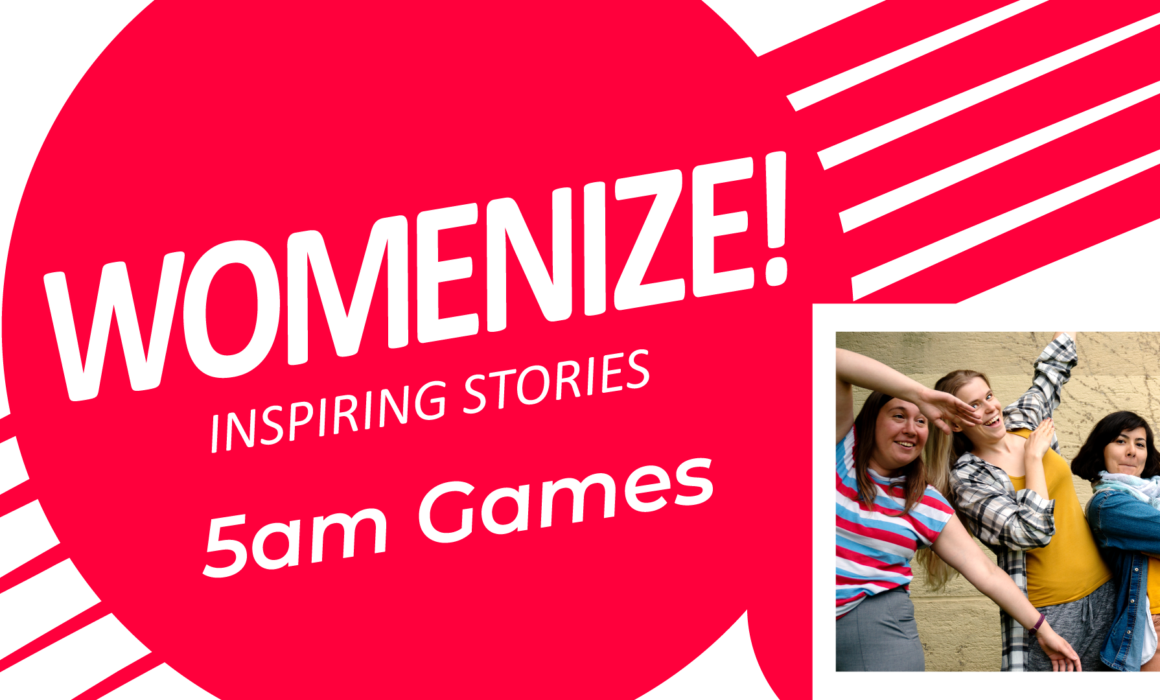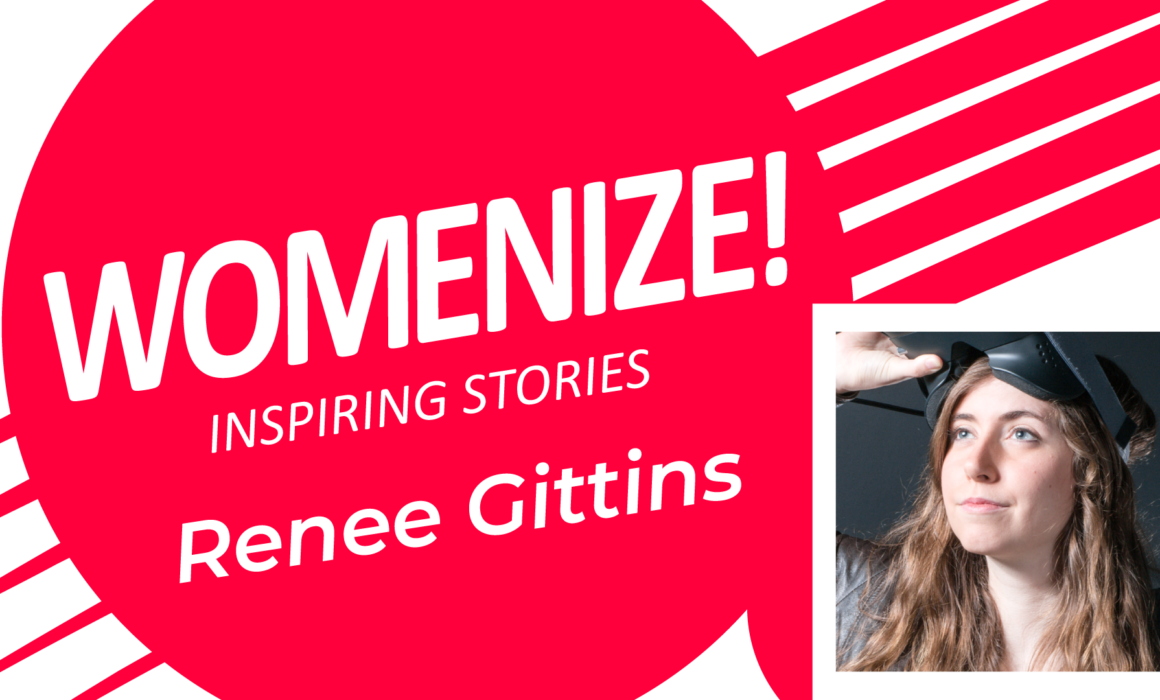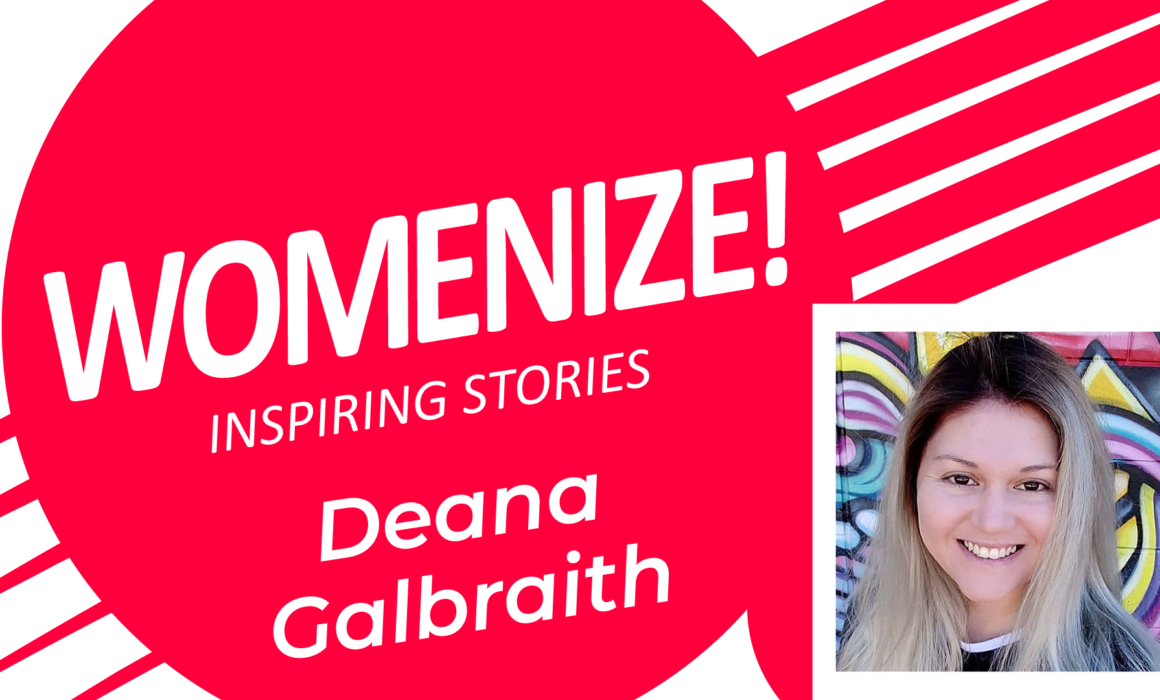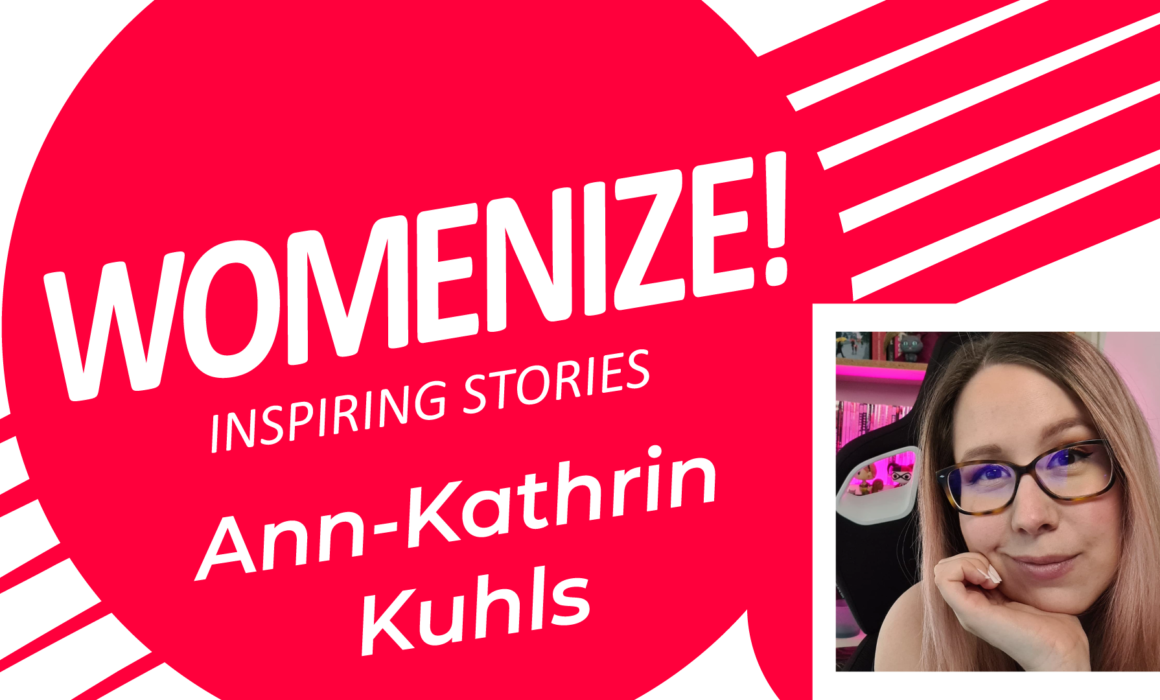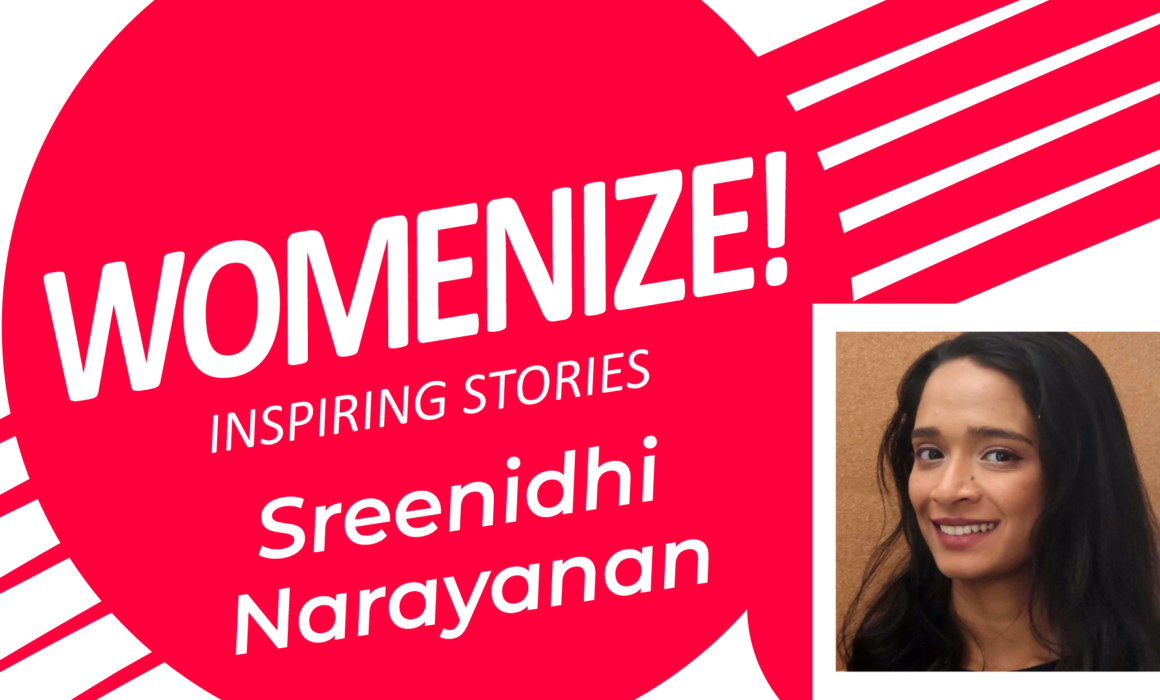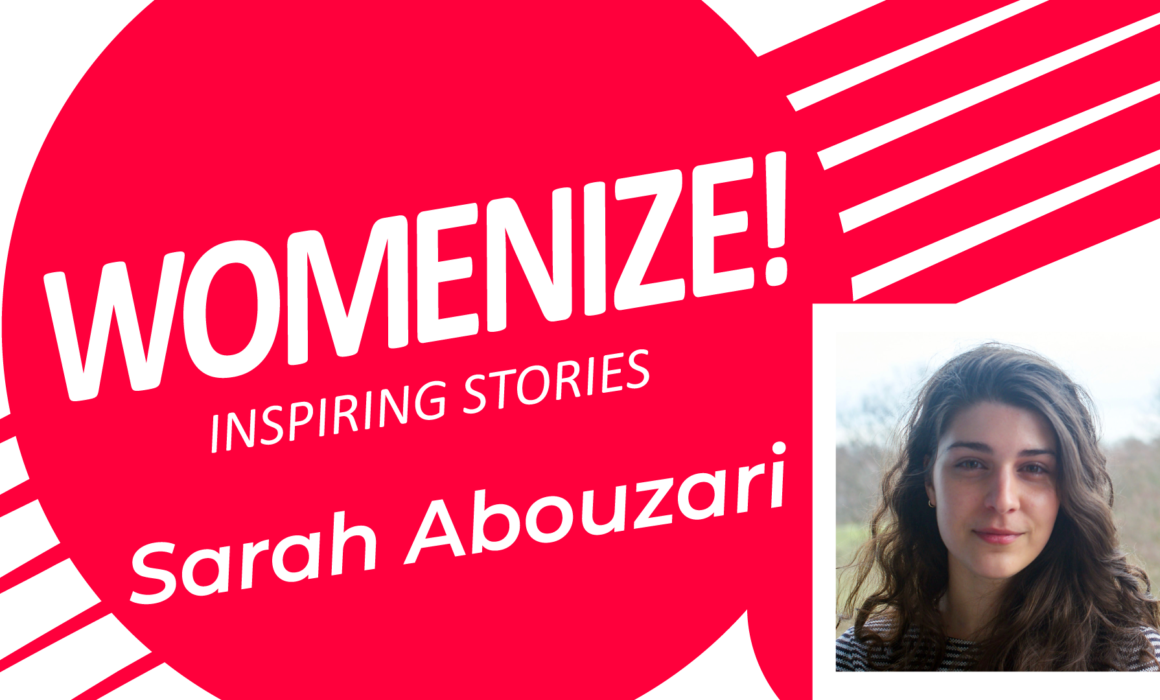Lindsay M. Orsini – Womenize! – Inspiring Stories
Womenize! – Inspiring Stories is our weekly series featuring inspirational women from games and tech. For this edition we talked to Lindsay M. Orsini, Head Sound Designer at Krimson Games. Read more about Lindsay in this interview:
Read More
5am Games – Womenize! – Inspiring Stories
Womenize! – Inspiring Stories is our weekly series featuring inspirational women from games and tech. For this edition we talked to Aleksandra Iakusheva, Selina Capol and Martina Hotz, the founders of 5am Games. Read more about them in this interview:
Read More
Juli Bierwirth – Womenize! – Inspiring Stories
Womenize! – Inspiring Stories is our weekly series featuring inspirational women from games and tech. For this edition we talked to Juli Bierwirth, Illustrator & Co-Owner at Distant Rabbit Games. Read more about Juli in this interview:
Read More
Renee Gittins – Womenize! – Inspiring Stories
Womenize – Inspiring Stories is our weekly series featuring inspirational women from games and tech. For this edition we talked to Renee Gittins, Executive Director at IGDA and CEO & Creative Director of Stumbling Cats. Read more about Renee in this interview:
Read More
Deana Galbraith – Womenize! – Inspiring Stories
Womenize! – Inspiring Stories is our weekly series featuring inspirational women from games and tech. For this edition we talked to Deana Galbraith, Founder and Creative Director of Captilight. Read more about Deana in this interview:
Read More
Ann-Kathrin Kuhls – Womenize! – Inspiring Stories
Womenize! – Inspiring Stories is our weekly series featuring inspirational women from games and tech. For this edition we talked to Ann-Kathrin Kuhls, Host and Producer at GamePro Germany. Read more about Ann-Kathrin in this interview:
Read More
Sreenidhi Narayanan │ Womenize! – Inspiring Stories
Womenize! – Inspiring Stories is our weekly series featuring inspirational women from games and tech. For this edition we talked to Sreenidhi Narayanan, Software/Electrical Engineer at Ivani LLC and Co-Founder & CEO of Embark Women. Read more about Sreenidhi in this interview:
Read More
Sarah Abouzari │ Womenize! – Inspiring Stories
Womenize! – Inspiring Stories is our weekly series featuring inspirational women from games and tech. For this edition we talked to Sarah Abouzari, co-founder of TriTrie Games and software engineer at Twin Drums. Read more about Sarah in this interview:
Read More
Günay Aliyeva │ Womenize! – Inspiring Stories
Womenize! – Inspiring Stories is our weekly series featuring inspirational women from games and tech. For this edition we talked to Günay Aliyeva, Founder of oroom and Co-Founder of catbyte. Read more about Günay in this interview:
Read More
Recent Posts
Archives
- April 2025
- March 2025
- February 2025
- January 2025
- December 2024
- November 2024
- October 2024
- September 2024
- August 2024
- July 2024
- June 2024
- May 2024
- April 2024
- March 2024
- February 2024
- January 2024
- December 2023
- November 2023
- October 2023
- November 2022
- October 2022
- September 2022
- August 2022
- July 2022
- June 2022
- May 2022
- April 2022
- March 2022
- February 2022
- January 2022
- December 2021
- November 2021
- October 2021
- September 2021
- August 2021
- July 2021
- June 2021
- May 2021
- April 2021
- March 2021
- February 2021
- November 2020
- October 2020
- September 2020
- August 2020
- July 2020
- June 2020
- May 2020
- April 2020
- March 2020
- February 2020
- January 2020
- December 2019
- November 2019
- October 2019
- September 2019
- August 2019
- July 2019
- June 2019
- May 2019
- April 2019
- March 2019
- November 2018
- October 2018
- September 2018
- April 2018
- March 2018
- February 2018


